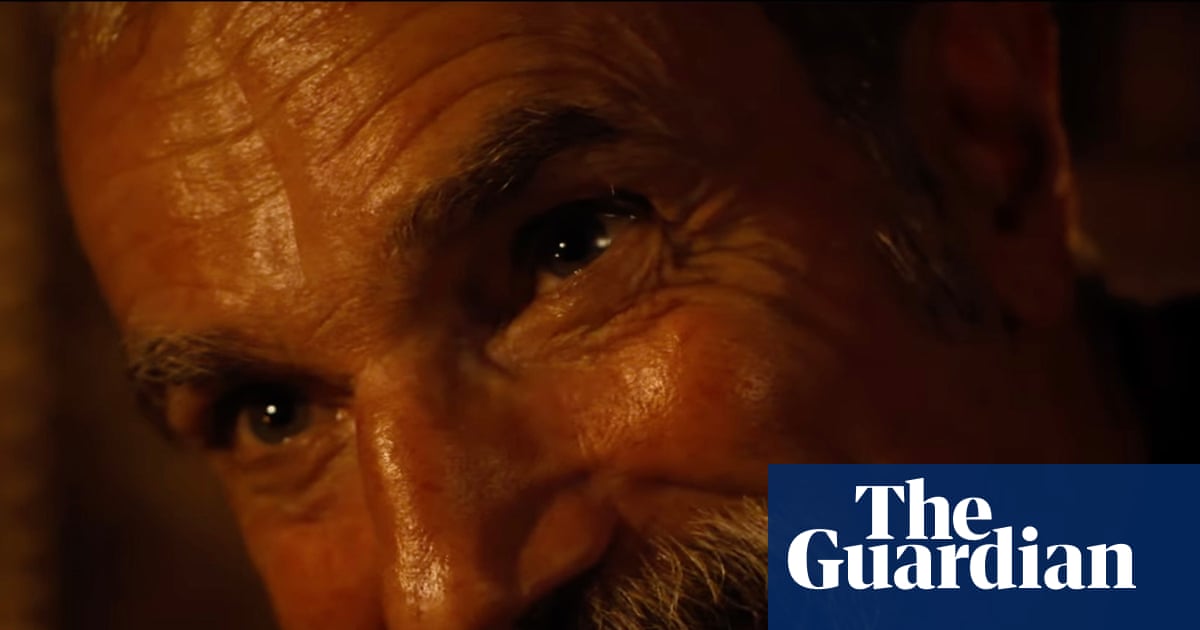Erik and Lyle Menendez are taking another step on what could be their path to freedom.
The brothers, who have served more than three decades in prison for the 1989 murders of their parents, will appear before California parole officials Thursday and Friday in a bid to convince the panel that they are suitable for release.
A Los Angeles judge found three months ago that the men do not pose an “unreasonable risk” and resentenced them to 50 years to life — a decision that effectively canceled their previous prison terms of life without the possibility of parole and made them eligible for “suitability” hearings immediately.
Erik, 54, will appear before the board Thursday. Lyle, 57, will appear Friday.
Commissioners will weigh possible testimony from victims’ relatives and prosecutors, and they will consider a range of factors, including the brothers’ criminal histories, their behavior while they were incarcerated and their release plans.
If they are found suitable for parole, a review process that can take nearly a half-year follows. The decision to release the brothers will ultimately land with California Gov. Gavin Newsom, who has 30 days to affirm, reverse or modify the decision or refer it back to the parole board.
Newsom, whose office oversaw a separate and still-pending clemency application from the brothers, has declined to comment on what he would do if the board recommends parole.
The brothers were convicted of first-degree murder in 1996 after two trials that spanned three years. They claimed they killed their parents, José and Kitty Menendez, in self-defense after years of abuse at their father’s hands.
Prosecutors have disputed those claims and pointed to the grim specifics of the killings — Lyle reloaded his shotgun before he shot his mother in the face, for example — and they described the killings as ruthless and financially motivated.
Speaking at the resentencing hearing, Erik described his crimes as “cruel and vicious” and said he was “directly responsible for it all.”
More on the Menendez brothers
Their case was catapulted back into the spotlight after a pair of streaming series and advocacy from some high-profile figures and relatives. The effort to secure their release has highlighted the sometimes complicated debate over rehabilitation versus incarceration.
Many family members have been outspoken advocates for the brothers’ freedom. After their resentencing hearing in May, a cousin, Anamaria Baralt, attributed the judge’s decision to the brothers’ growth behind bars and the “purpose of service” that she said they exhibited.
Among other things, the brothers have attended college, established a “beautification” project at the San Diego prison where they are incarcerated and helped inmates with severe disabilities, court filings show.
Baralt said she expected the parole process to be difficult on the brothers’ family but added: “We will eagerly step through those doors if that means getting them home.”
The Los Angeles County District Attorney’s Office has had different views on the brothers’ push for freedom. Weeks before his ouster last year, the county’s former top prosecutor, George Gascón, said the siblings had been “exceptional” inmates and recommended that they be resentenced.
His successor, Nathan Hochman, tried — and failed — to withdraw that recommendation. He said the siblings had not taken responsibility for more than a dozen lies he said they told about the murders, including the claim that they killed their parents in self-defense.
“The Menendez brothers have never fully accepted responsibility for the horrific murders of their parents, instead continuing to promote a false narrative of self-defense that was rejected by the jury decades ago,” Hochman said in a statement ahead of the hearings.
“We have consistently opposed their release at this time because they have not demonstrated full insight into their crimes or shown that they have been fully rehabilitated, and therefore continue to pose a risk to society,” he said.
Representatives from his office will attend the hearing, he has said, and their level of participation will be determined by the parole board.
If their parole is denied, the brothers still have their clemency application with the governor’s office. And they have sought to have their convictions overturned through a separate process that continues.
Source link

